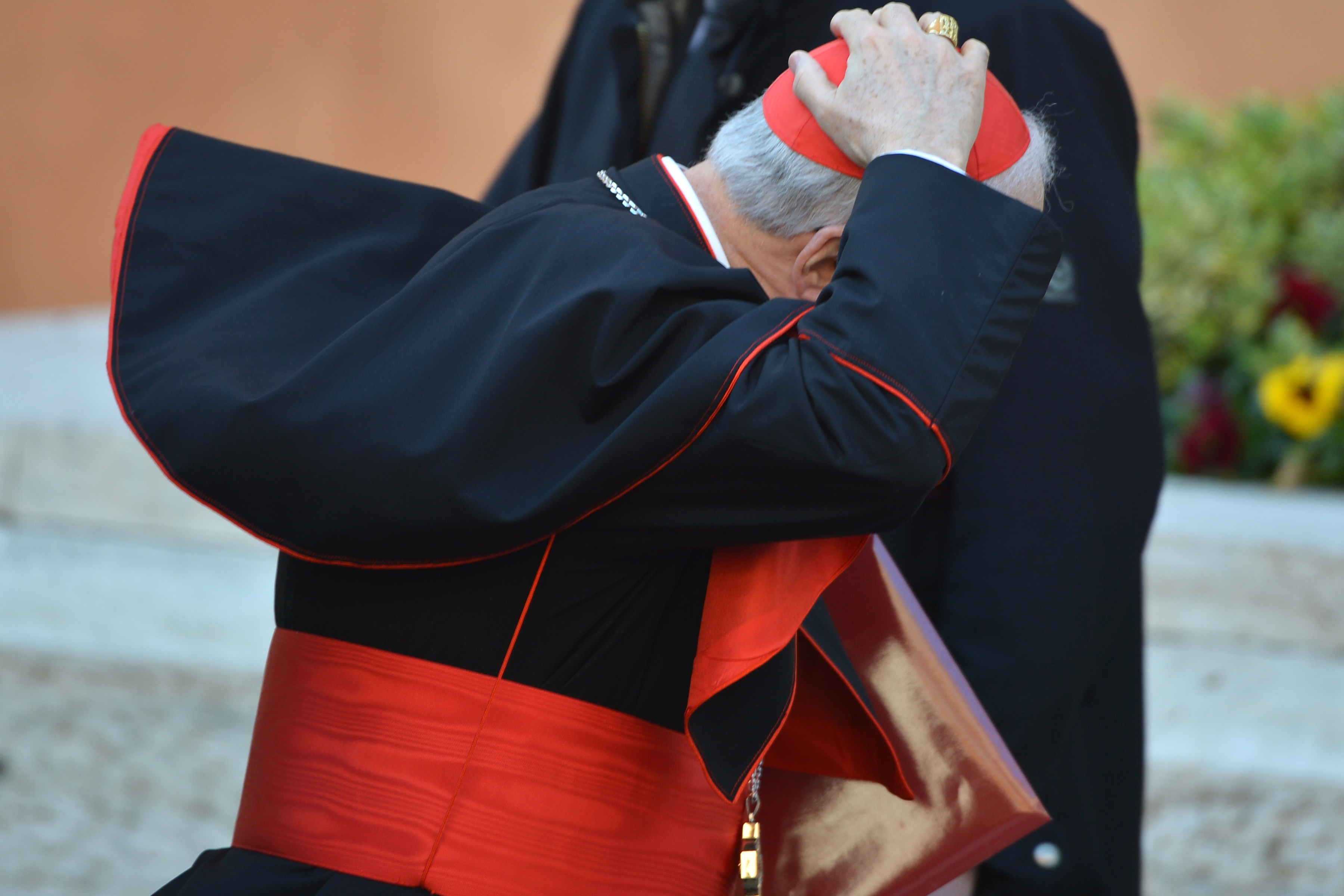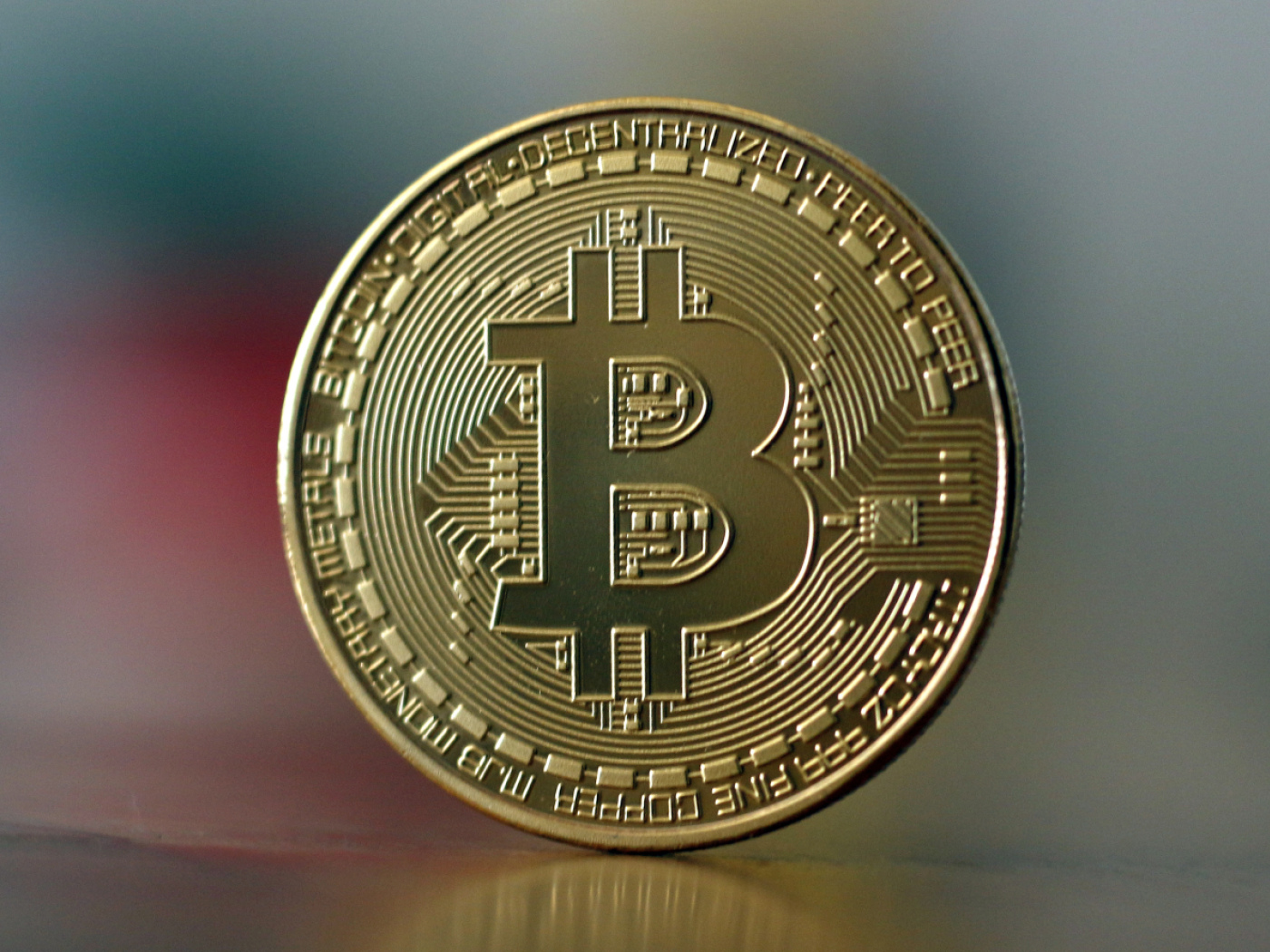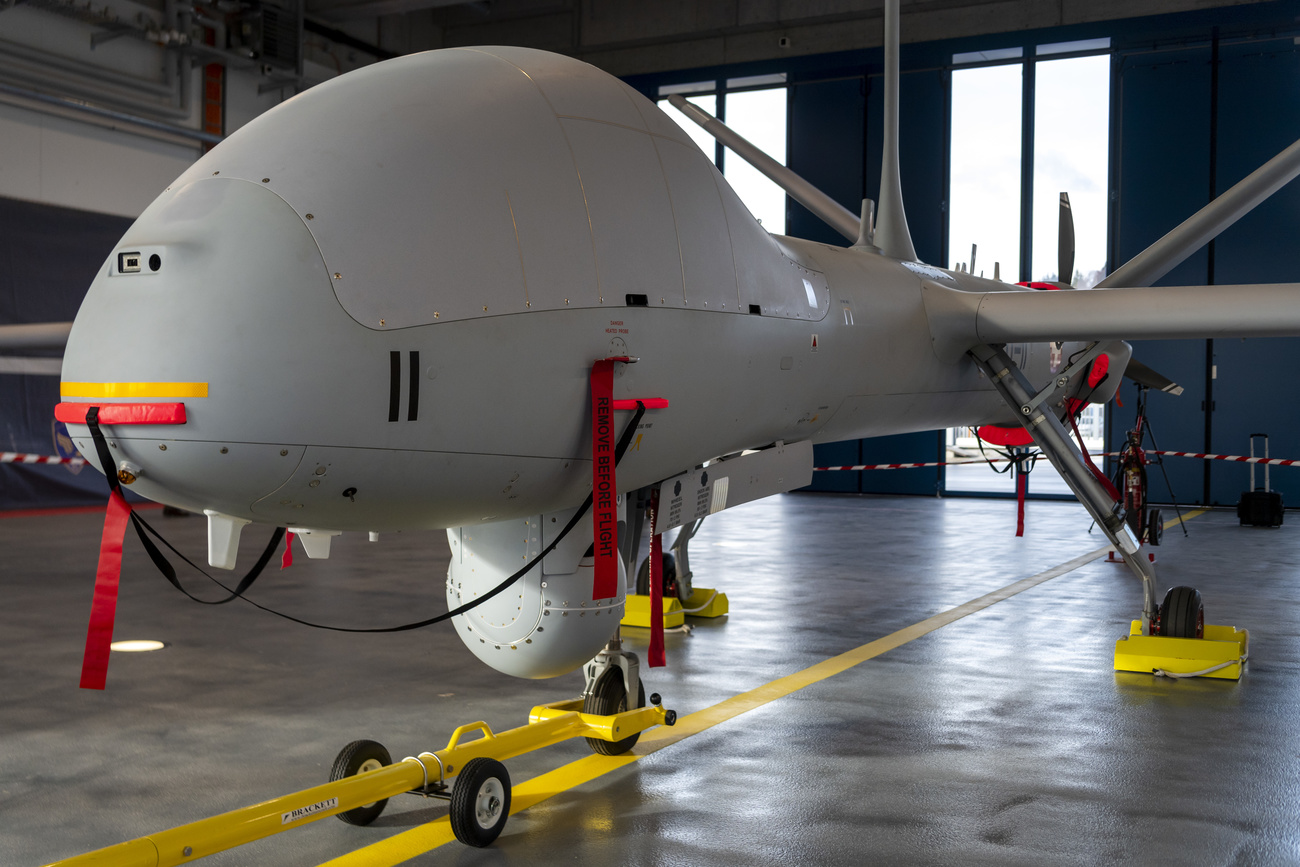Vatican relies on 1,000 years of discreet business

As head of the Vatican state, the pope has counted on a diplomatic network dating as far back as the 11th century. It’s a unique and often powerful tool that’s even had the CIA come calling in the past, says historian Agostino Paravincini.
The election of the 266th pope will certainly be influenced by the scandals that have affected the church in recent years, be it cases of paedophilia involving priests or murky financial dealings.
But the church has proven itself resilient in the past and resisted the challenges thrown at it by history, thanks notably to the influence of its diplomats, says Paravincini, a former professor at the University of Lausanne and a papal specialist.

More
Catholic women look for change under new pope
swissinfo.ch: Since when has there been a Vatican diplomacy?
Agostino Paravincini: It began in the 11th century, when the modern papacy began to see the light of day. It was then that the function of papal legate was created, leading in the 16th century to the further creation of nuncios as ambassadors.
At that time, the Vatican was a major arbiter, a superpower with a widespread and efficient diplomatic network. During the Middle Ages, that network was more wide-ranging than that of Europe’s kings and emperors. The pope’s messengers were very efficient and could cover up to 70 kilometres per day.
From the 15th and 16 centuries, the Italian nobility, the Republic of Venice, and the major kingdoms all developed their own diplomatic network. But for many years, no state had a network that could compare with the Vatican’s. And at the time, whoever was best informed had much better cards to play than his adversaries or allies.
The first papal nuncio (ambassador) to Switzerland arrived in 1597 in Lucerne, the first such position north of the Alps for the Catholic church. A nuncio was officially sent to be the Vatican’s representative to the Swiss Confederation in 1803, ending a tradition whereby only the Catholic cantons were linked to Rome.
Since the civil war and the creation of the Swiss federal state in 1848, the pope is only represented by a chargé d’affaires based in Lucerne. In 1920, the cabinet allowed the return of the nuncio to Bern. After the creation of the Vatican state, the nuncio remains the only link between the two countries.
In 1991, after the controversial nomination of the conservative Wolfgang Haas as bishop of Chur, the government considered it necessary to improve relations with the Vatican. It named a special ambassador, establishing reciprocal diplomatic ties for the first time.
Since 2010, the Swiss ambassador to the Holy See has been based in Bern after previously being based in Prague.
swissinfo.ch: What was the impact of facism and Nazism on the Vatican diplomacy?
A.P.: At the time, the Vatican was at the centre of major diplomatic negotiations. If Pius XI was extremely critical of the Nazis, his successor Pius XII, who notably served as papal nuncio in Germany after the First World War and was also the Vatican’s secretary of state, chose to remain silent, a decision that remains controversial to this day.
swissinfo.ch: And during the Cold War, did the Vatican’s diplomats play a role?
A.P.: It was one of the high points of the Vatican diplomacy. They elaborated extremely complex strategies to save what could be saved when countering an extremely hostile Soviet regime. These strategies even moved up a gear when a Polish pope, John Paul II, was elected [in 1978] and became involved. It has been said that the head of the CIA was a regular visitor to the Vatican at the time.
swissinfo.ch: The Vatican’s diplomats have focused on societal issues in recent years. Will that continue to be the case?
A.P.: For the past two decades, they have been trying to make their voices heard in the global debate about the issues facing today’s society. This policy will continue to expand, especially if the new pope is not European. The church wants to have its say on societal issues. But the pope will also have to deal with the problems the Vatican and the Church are facing.
swissinfo.ch: How close are the ties between Switzerland and the Vatican?
A.P.: The relations have been complicated for a long time. Nation-states and the Vatican were at loggerheads in the 19th century, and Switzerland’s own civil war [in 1847] saw Catholic cantons taking on Protestant ones. Since then, the Swiss authorities have always sought to guarantee confessional peace by not giving too much importance to a theocratic state such as the Vatican. But at the same time, there were always lines of communication, especially during the Second World War.
(Translated from French by Scott Capper)

In compliance with the JTI standards
More: SWI swissinfo.ch certified by the Journalism Trust Initiative








You can find an overview of ongoing debates with our journalists here . Please join us!
If you want to start a conversation about a topic raised in this article or want to report factual errors, email us at english@swissinfo.ch.